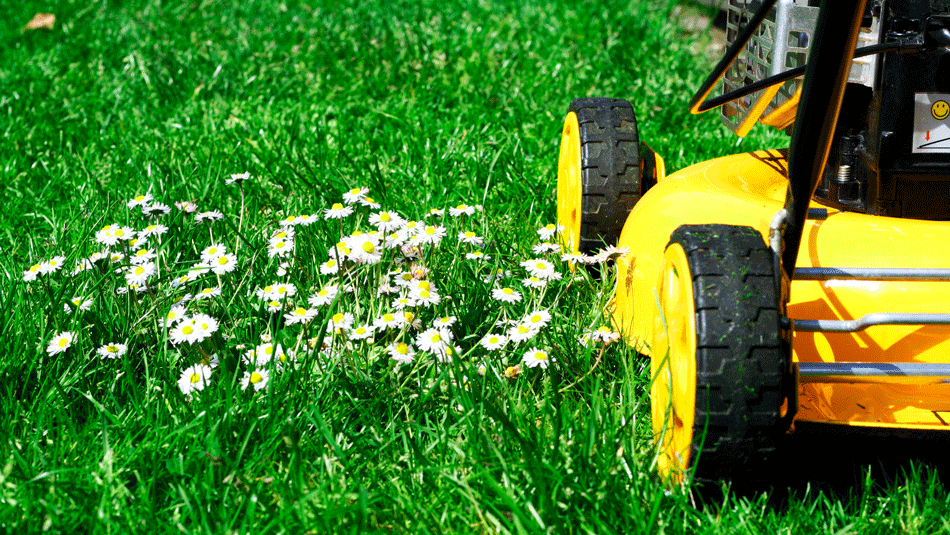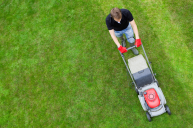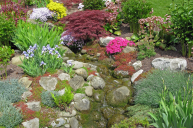You know those enviable lawns that are perfectly kept with even blades of grass and whose color is an unvaried shade of forest green? We all gaze at them longingly as we slave over our patchy, spiky lawn and drag our hand-me-down mowers through the hot summer sun. How is it that some people (like us) consistently manage to have unkempt lawns while others' look like a golf course? For starters, they use a lot of water and a lot of chemical fertilizers.
Videos by Wide Open Country
Well, for starters, those with perfect turf use a lot of water and a lot of chemical fertilizers. So while it looks beautiful, their beautifully manicured gardens are environmental disasters.
https://www.instagram.com/p/BVYcp6JA1Zz/
In fact, even those of us who make halfhearted attempts at keeping our lawns in check are doing damage to our ecosystem. It would be better if we just let the grass grow unhindered and weren't ashamed to have dandelions rear their sunny heads or brown patches to materialize.
Why is this the case?
Learning to live with a little imperfection will save you 73 hours of yard work a year, thousands of gallons of water, and it will prevent oil spills. Believe it or not, Americans filling up their mowers spill 17 million gallons every year. That's about 50 percent more than was spilled during the Exxon Valdez catastrophe.
The Lawn is a New Concept
Surprisingly, what we today consider the norm for a house - a carefully tended green lawn - was only popularized after World War II.
According to The Nib's Ted Steinberg and Shannon Wright comic, "Hate Mowing Your Lawn? Good! Don't Do It," the rapid expansion of this trend was originally an effort to quickly cover bulldozer-scarred landscapes when the iconic Levittown was built. However, by the 1950s, having a perfect lawn was a national craze.
By 1960, even JFK was brought into the madness when he was asked on national television what his thoughts on crabgrass were!
Beautiful, but Terrible for the Environment
https://www.instagram.com/p/BVZTvvvg-S4/
Although they are picturesque to look at, lawns all around the United States are doing more harm than good. Across the country, grass sucks up nearly 20 trillion gallons water a year, 50 to 75 percent of home water use each summer. Even mowing your grass can cause your person physical harm. The Consumer Product Safety Commission estimates that 81,938 people are injured by their lawn mowers in 2015.
That's right, you can claim safety first if you'd rather not mow your lawn this week.
So, if you're not feeling up to taking care of your grass in the summertime heat, don't worry. Cutting back on lawn care is one of the easiest ways you can reduce your climate-change impact. Just claim that next time your neighbor eyes your garden suspiciously.




